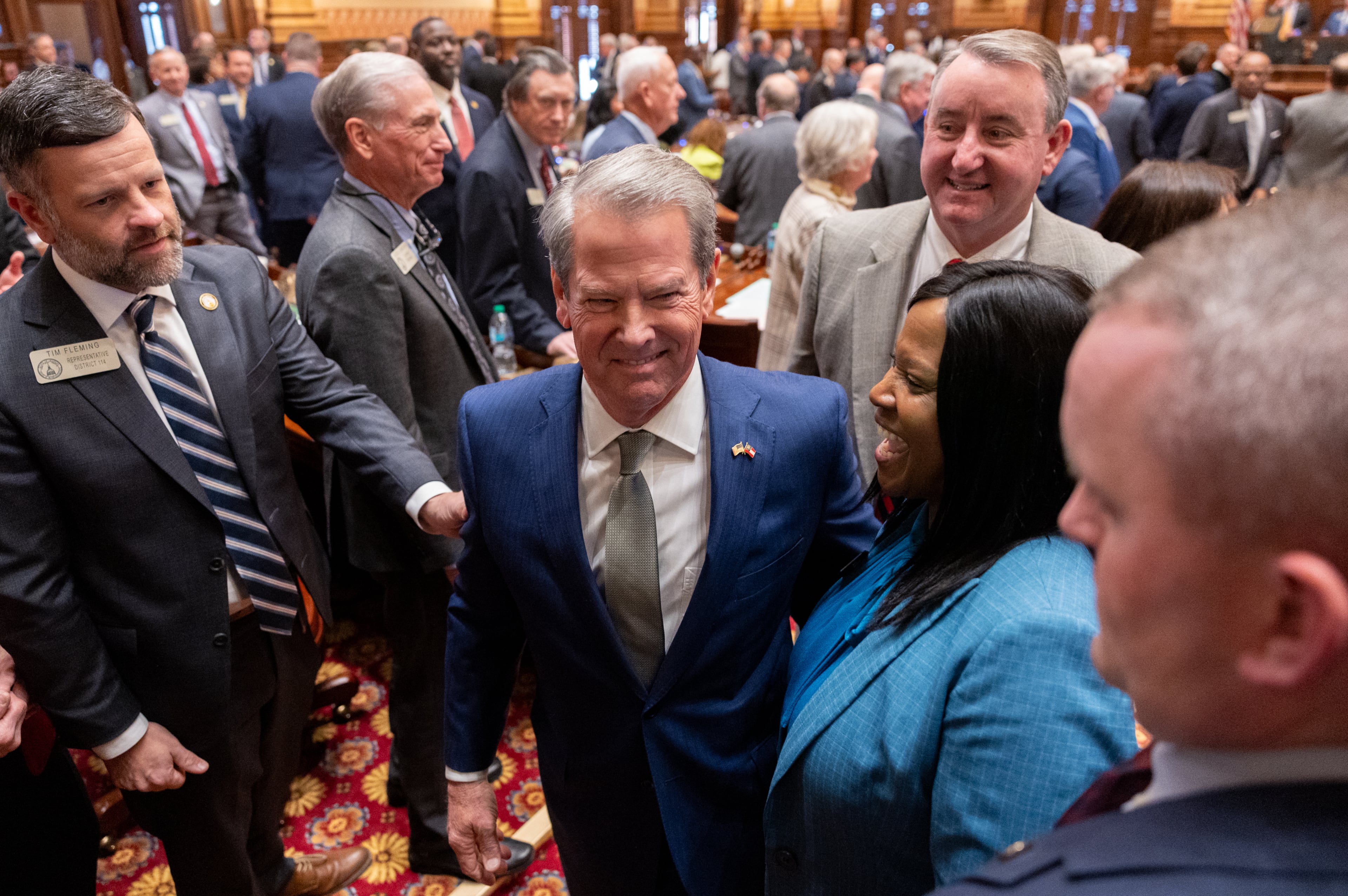Atlanta City Council condemns state decision over AP African American studies

Atlanta City Council members on Monday condemned a recent decision by the state superintendent not to recommend Advanced Placement African American Studies as part of Georgia schools’ curriculum.
State Superintendent Richard Woods said last month that parts of the course violated House Bill 1084, which restricts teaching of “divisive concepts” and was passed by the legislature in 2022. The bill was part of a Republican-led effort to deter schools from teaching content that speaks to race and racism.
The resolution was introduced by Council member Byron Amos and passed under immediate consideration by council, 11-0.
It decries the state’s position on the advanced placement course and urges Woods to reconsider his choice. The legislation argues cutting the course hurts students working toward college credits and dishonors Atlanta’s role in the civil rights movement.
“African American history is an integral part of American history, and this decision is particularly detrimental to Atlanta, given its profound social justice legacy and significant contributions to our nation’s civil rights progress,” the resolution says.
City Council President Doug Shipman stepped down from the podium during the meeting Monday to speak to the legislation.
Shipman condemned the use of Atlanta’s prominent civil rights legacy to court events, conferences and businesses to the city while at the same time as state leadership has decided to cut it from school schedules.
“If that legacy is important enough that we use it to sell Georgia to the world, it has to be important enough that we teach it to our children,” he said. “You cannot use it for economics, and then deny it for education.”
He also warned of a slippery slope created under the “divisive concepts” law, where schools may choose to stop visiting historic sites with students like the King Center in Atlanta and Tubman Museum in Macon.
“We have a vast African American population (in Atlanta),” Shipman said. “This is not a subset history — this is our history and to deny our ability to have state funds to teach our history is simply wrong.”



